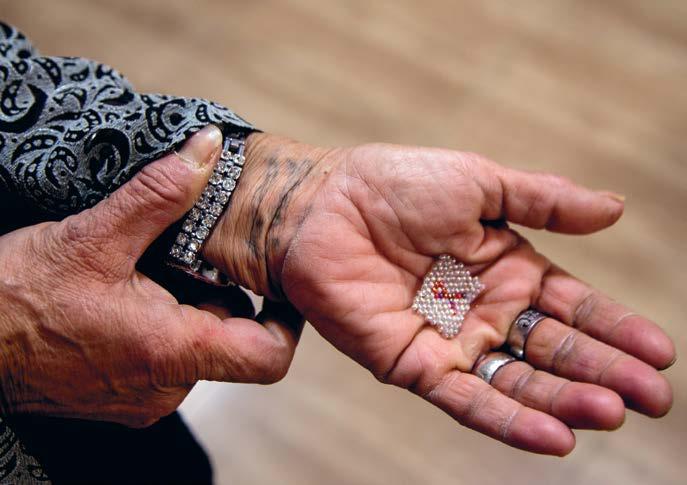
2 minute read
MSF AUSTRALIA | IRAN 2018
Key activities funded by Australian and New Zealand donors in 2018
In Iran, Médecins Sans Frontières ran programs to assist drug users, sex workers, refugees, homeless people and other vulnerable groups who face barriers when seeking healthcare.
Drug addiction is a particular public health concern in Iran, with the number of drug users having doubled over the last six years to nearly three million (3.5 per cent of the population)1. They, and other vulnerable people such as sex workers, homeless people and the Ghorbati ethnic minority, suffer from stigma and exclusion in Iran, which limits their access to medical care. In 2018, this access was further restricted by a financial crisis that crippled the health system.
Our teams worked in south Tehran throughout the year, providing treatment for a range of communicable diseases to which marginalised communities here are particularly exposed, including hepatitis B and C, HIV, tuberculosis (TB) and syphilis. We saw a large increase in the number of patients enrolling for hepatitis C treatment: this group increased by 82 per cent from 2017.
We also ran sexual and reproductive healthcare services, comprising gynaecology and obstetrics, ante- and postnatal care and consultations for victims of sexual violence, as well as psychosocial support and counselling. A mobile clinic specifically for women was set up in the city.
In addition, we opened a new program for refugees and the local community in Mashhad, near the Afghan border, where a significant number of the estimated two million Afghans in Iran live. Our teams there offered a similar range of services as in south Tehran: through fixed and mobile clinics, we treated hepatitis C and operated a referral system for patients needing treatment for HIV and/or TB.
We provided treatment for a range of communicable diseases to which marginalised communities in south Tehran are particularly exposed.






